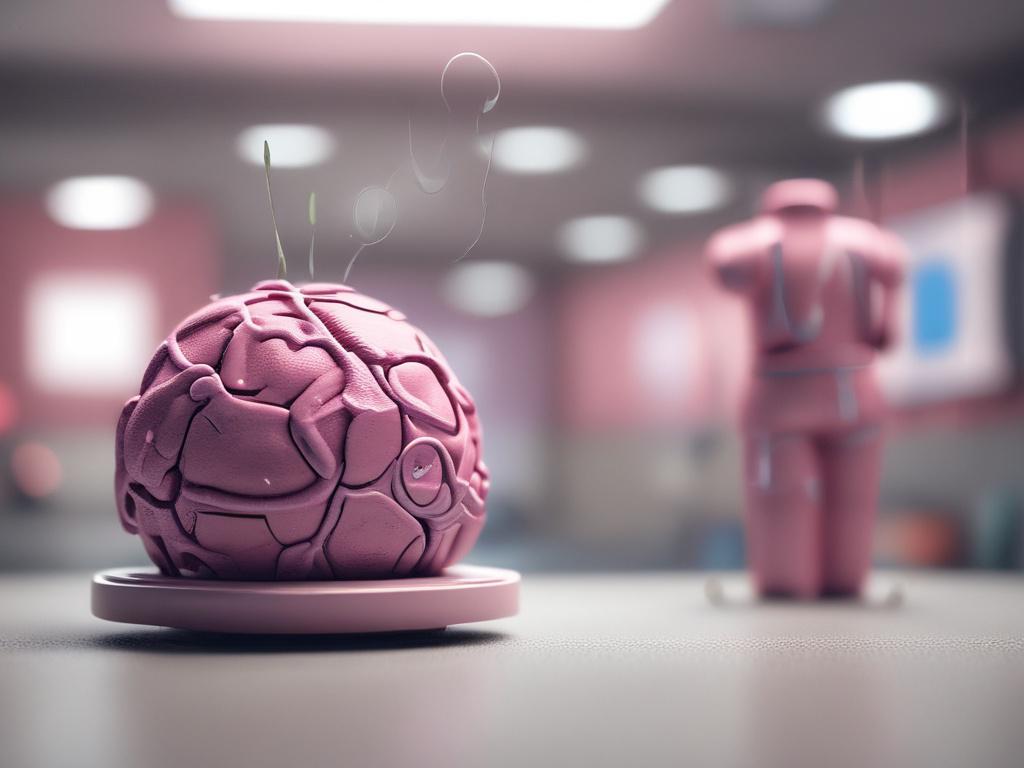
In the rapidly evolving landscape of healthcare, artificial intelligence (AI) is revolutionizing the way we approach cancer care. From diagnosis to treatment, AI-driven platforms are transforming the patient experience, offering personalized solutions that streamline the connection between individuals facing cancer and the medical professionals best equipped to help them. With the complexities involved in cancer treatment, patients often feel overwhelmed; however, AI technology can simplify this journey by providing tailored recommendations and support systems, ensuring patients receive comprehensive care throughout their battle with cancer.
In this blog post, we will explore how AI not only enhances patient care but also fosters a robust support network for those diagnosed with cancer. Discover how our AI-driven platform connects cancer patients with the right medical professionals and support systems, empowering them to navigate their treatment options with confidence. By understanding the impact of AI in cancer care, patients and their families can better advocate for their health and well-being.
Understanding the AI revolution in cancer care
The field of cancer care is undergoing a transformative revolution, thanks to advancements in artificial intelligence (AI). By harnessing the power of data analytics, machine learning, and algorithms, AI offers innovative solutions that improve patient outcomes and streamline treatment processes. Healthcare professionals can now analyze vast amounts of medical data, identifying patterns and trends that inform personalized treatment plans. As a result, both patients and providers benefit from tailored approaches that enhance the overall effectiveness of cancer therapies.
As the AI revolution takes hold, it not only refines clinical decision-making but also empowers patients with more information and resources. Patients can access AI-driven platforms that deliver personalized guidance, ensuring they receive the most relevant support and treatment available. This interactive technology enables individuals to navigate their cancer care journeys with greater confidence, fostering a collaborative environment between patients and healthcare teams. Ultimately, understanding the AI revolution in cancer care allows patients to make more informed choices, leading to improved health outcomes.
Connecting patients with the right professionals: How AI makes a difference
AI plays a crucial role in matching cancer patients with the right medical professionals by streamlining the complexities of healthcare networks. With algorithms designed to analyze patient data, AI-based platforms assess individual needs, treatment histories, and preferences. This information allows the technology to recommend specialized oncologists, radiologists, and surgeons who have the necessary expertise for each case, ensuring that patients receive personalized care from knowledgeable professionals. As a result, patients can confidently connect with the right experts more swiftly, leading to timely diagnoses and tailored treatment plans.
Moreover, AI enhances patient-professional interactions by offering users easy access to telehealth consultations and follow-up care options. This accessibility eliminates geographical barriers and reduces wait times, allowing patients to consult with leading experts without the added stress of travel. AI-driven platforms can also facilitate communication between patients and healthcare providers by organizing appointments, sharing test results, and managing records seamlessly. These features not only simplify the journey for cancer patients but also empower them to take an active role in their healthcare decisions. By connecting patients with the right professionals efficiently, AI redefines the cancer care landscape and significantly improves patient outcomes.
Enhancing support systems for cancer patients through AI technology
Artificial Intelligence plays a crucial role in expanding the support systems available to cancer patients. By analyzing vast amounts of data from various sources, AI algorithms can identify trends, patient needs, and effective support strategies tailored to individual circumstances. For example, AI-driven platforms can recommend community resources, support groups, and educational materials that resonate with a patient's specific diagnosis and treatment plan. This personalized approach fosters a sense of community and empowerment, allowing patients to access the emotional and practical support they require during their journey.
Moreover, AI technology can streamline communication between patients and their caregivers or support systems. With the help of chatbots and virtual assistants, patients have 24/7 access to information and assistance, reducing feelings of isolation and uncertainty. These tools can provide reminders for medication, follow-up appointments, and coping strategies, ensuring that patients stay informed and engaged in their care. By enhancing support systems through AI, we create a more interconnected environment that promotes healing and resilience, allowing patients to focus on what truly matters—their health and well-being.